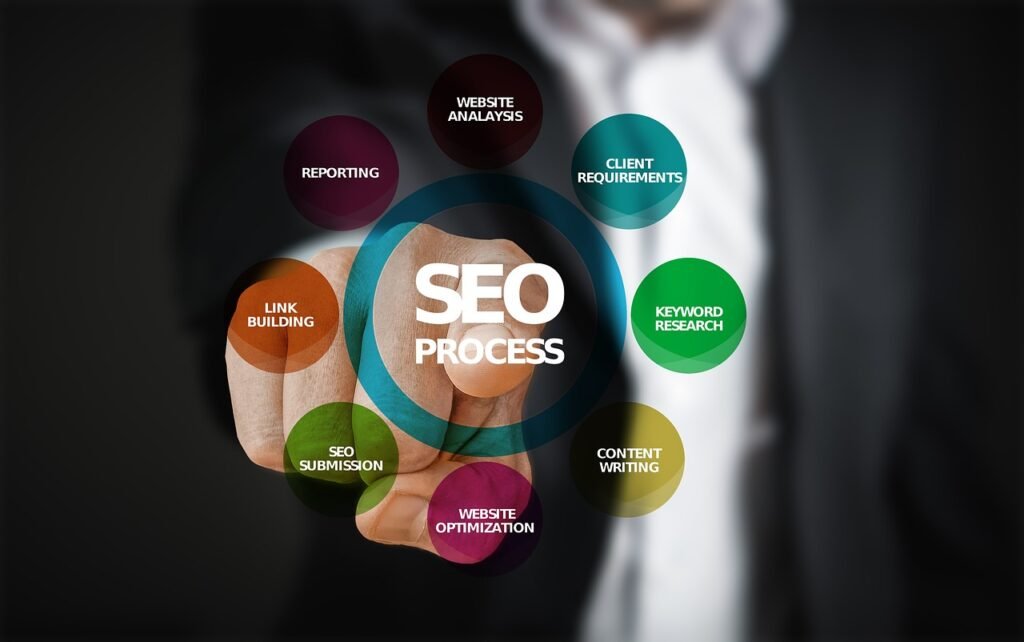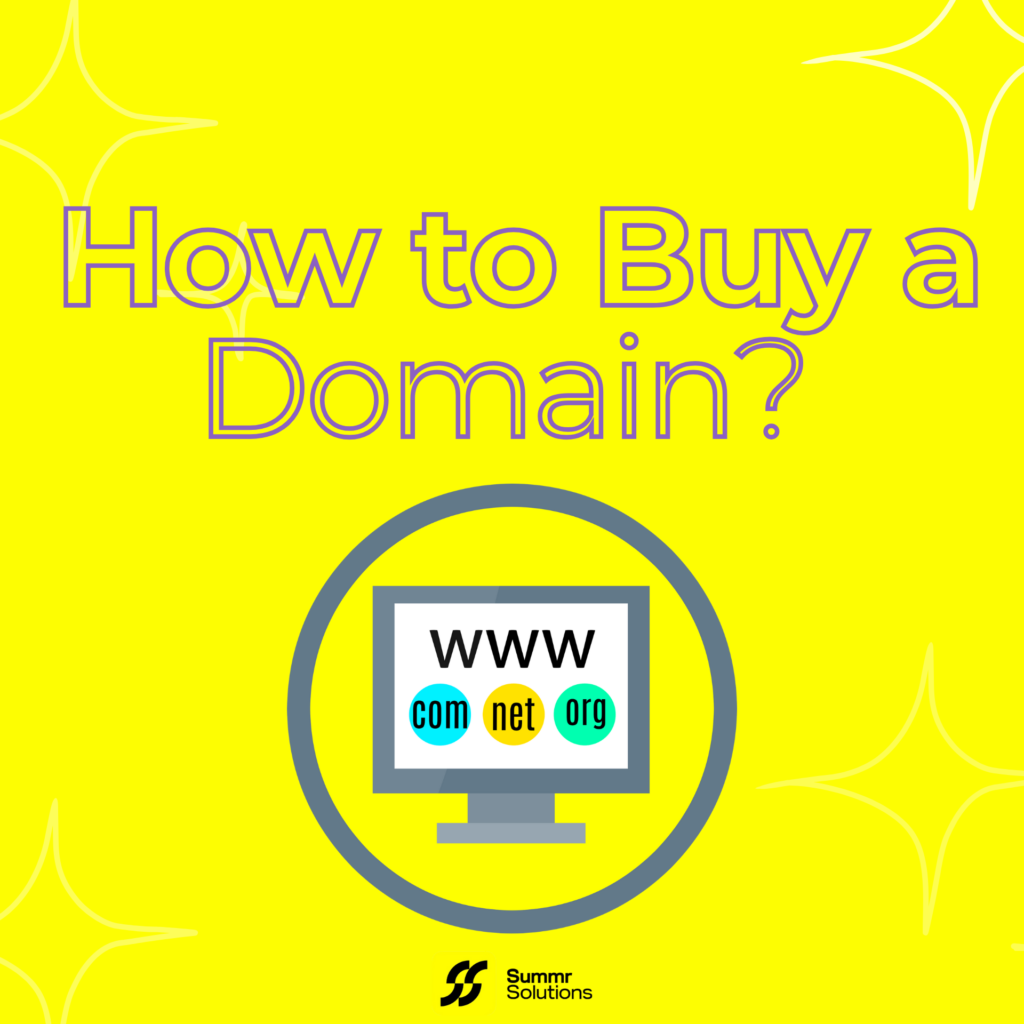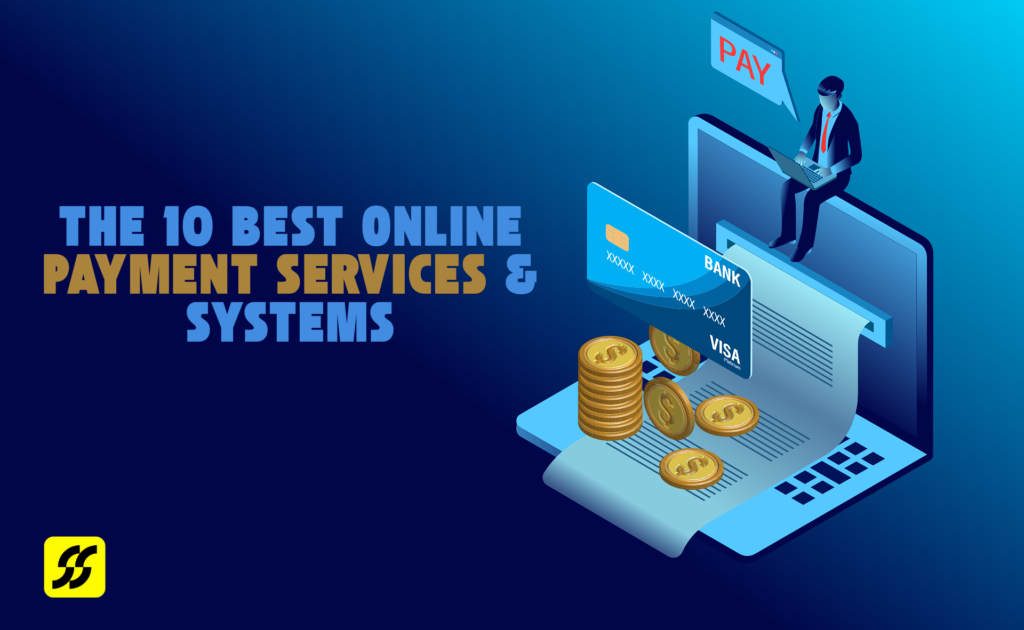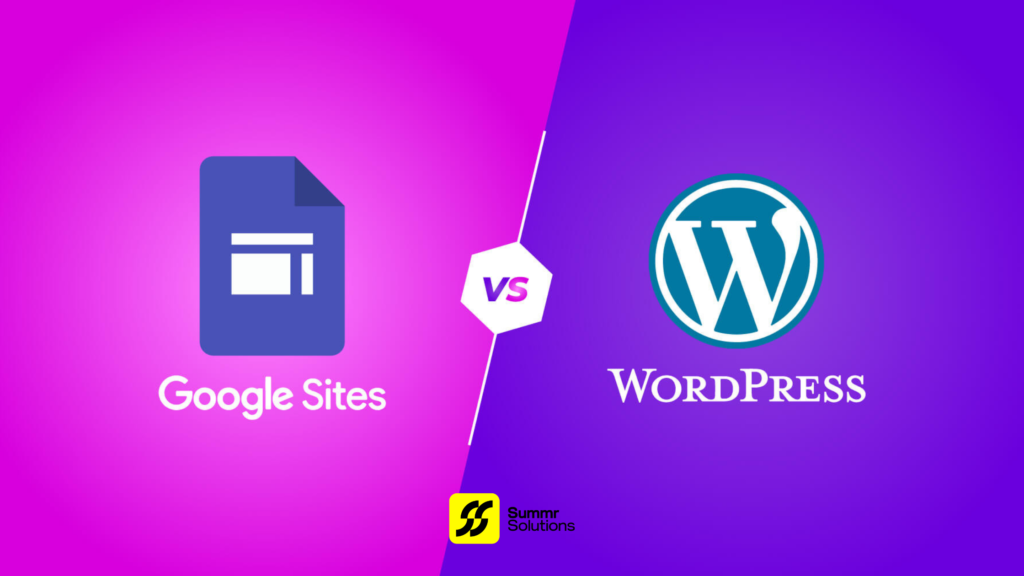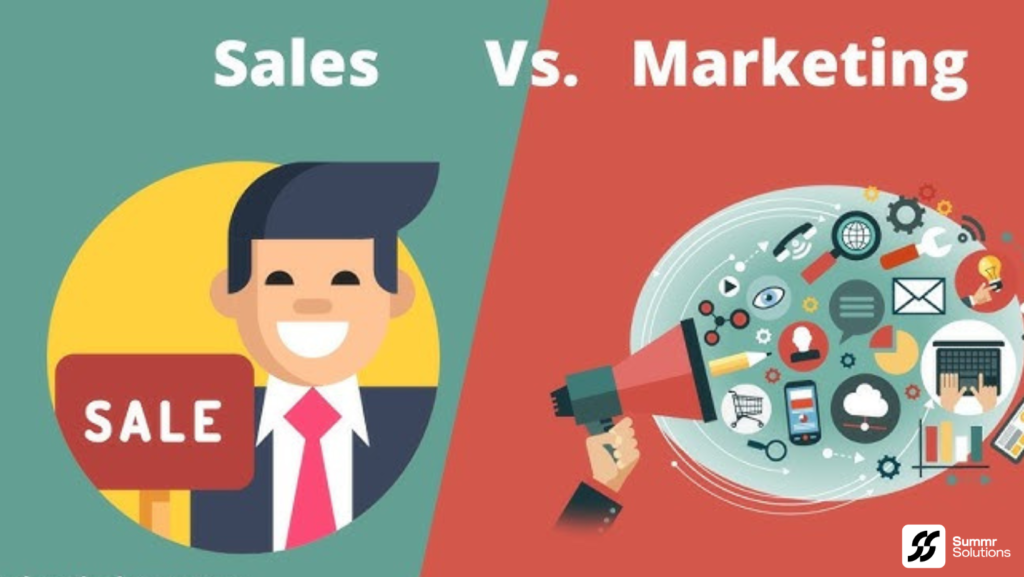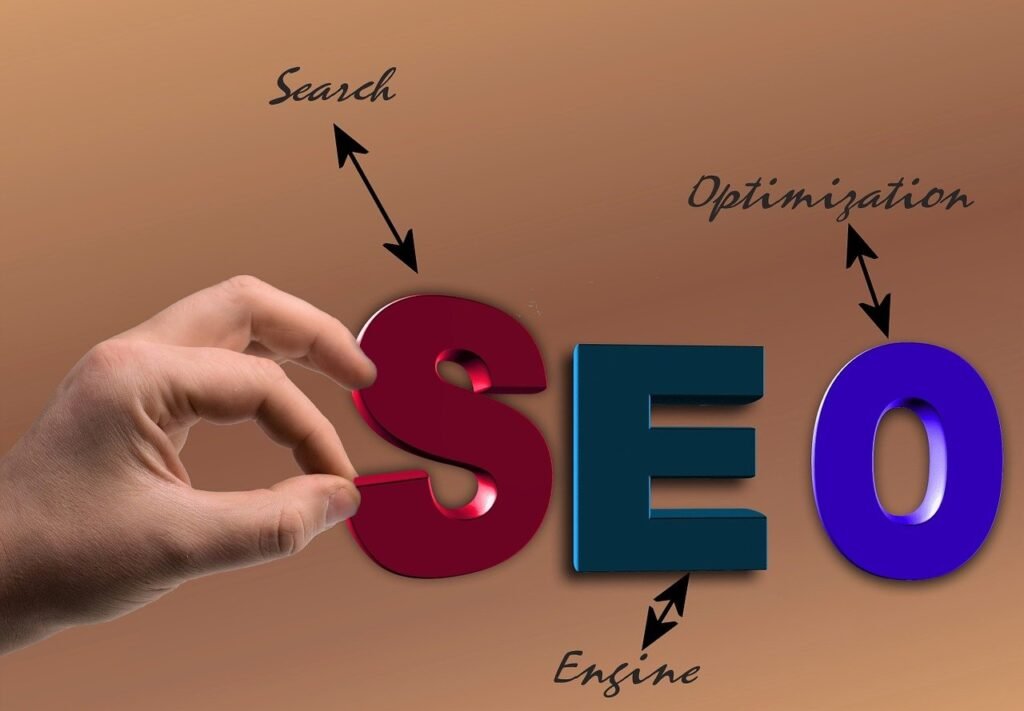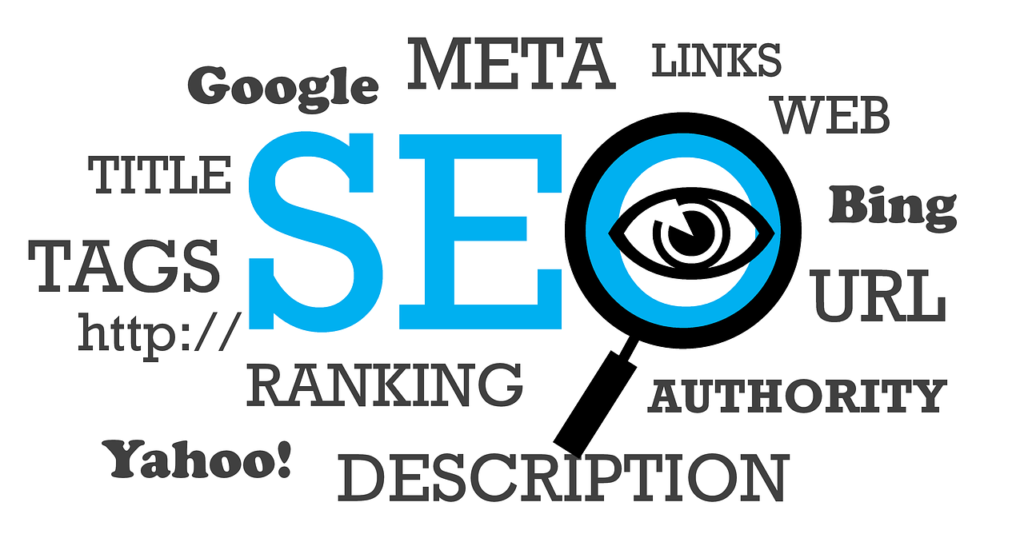In a crowded and competitive real estate market, having a strong, recognizable brand is more important than ever. A well-developed brand can differentiate you from your competition, foster trust with clients, and attract more business. But how do you go about building a real estate brand that resonates with your audience?
In this post, we’ll break down the key steps to creating a real estate brand that will make a lasting impression.
Why Branding Matters in Real Estate
Before diving into the specifics, let’s first discuss why branding matters in the real estate industry. Real estate is a highly personal and relationship-driven business, and your brand is the foundation of that relationship. Whether you’re a real estate agent, investor, or developer, a strong brand can:
- Make You Memorable: With so many professionals vying for attention, a standout brand ensures you don’t get lost in the shuffle.
- Build Trust: A consistent and professional brand helps potential clients feel confident in your services.
- Attract the Right Clients: A clearly defined brand helps attract your ideal clients who align with your values, expertise, and style.
If you’re ready to start building your real estate brand, it’s important to lay a strong foundation from the beginning. Let’s dive into the process!
1. Identify Your Niche and USP
The first step in building your real estate brand is identifying your niche and unique selling proposition (USP). Your niche is the specific segment of the market that you want to target—this could be first-time homebuyers, luxury properties, commercial real estate, or another specialty.
- Who is your ideal client? Do you specialize in helping young professionals find starter homes, or are you focused on luxury estates?
- What makes you different from the competition? Do you offer a more personalized service, or are you known for your extensive market knowledge?
Your USP should be the cornerstone of your Real Estate Branding strategy. Once you’ve identified your niche, you can tailor your messaging, marketing, and even your visual identity to resonate with that specific audience.
Pro Tip: If you’re still unsure about your niche, take some time to research your local market and assess where there’s a gap that you can fill with your unique skill set. Building a strong USP can give you a real edge in attracting the right clients.
2. Develop a Strong Visual Identity
Your brand’s visual identity is the first thing clients will see, and it plays a huge role in forming their first impressions. The visual elements of your brand—including your logo, colors, fonts, and design style—should reflect the type of properties or services you provide.
Here’s how to create a compelling visual identity:
- Logo: Keep it simple but memorable. A clean, professional logo makes a strong first impression and is easy to recognize on business cards, websites, and social media profiles.
- Color Scheme: Choose colors that evoke the right emotions. For example, blue can convey trust and reliability, while green can evoke a sense of growth and harmony.
- Fonts and Design Style: The typography you choose and the overall design aesthetic of your materials should reflect the tone of your business. If you’re in the luxury market, you might opt for sleek, modern fonts. If you work with first-time homebuyers, a more approachable, warm style might be appropriate.
Consistency is key—your visual identity should be uniform across all touchpoints, from your website to your social media profiles and even your printed materials.
Need help creating a visual identity that stands out? Consider consulting with a Real Estate Branding expert who can help you develop a cohesive design that captures the essence of your real estate business.
3. Build an Online Presence That Reflects Your Brand
In today’s digital age, your online presence is just as important as your in-person reputation. Building an online presence that aligns with your brand is essential for attracting clients and establishing credibility. Here are some tips for creating an impactful online presence:
- Create a Professional Website: Your website is the central hub of your online identity. Make sure it is easy to navigate, mobile-friendly, and optimized for search engines (SEO). Showcase your listings, client testimonials, and a portfolio of your work. Include a blog where you can share real estate tips, market insights, and neighborhood guides.
- Leverage Social Media: Social media platforms like Instagram, Facebook, and LinkedIn are powerful tools for connecting with potential clients. Post regularly about your properties, success stories, and industry news. Use these platforms to showcase your personality and engage with your audience.
- SEO and Local Search: Ensure your website is optimized for local search terms. Use location-based keywords to attract clients in your area. For example, if you’re targeting a specific city or neighborhood, include those in your website’s copy, blog posts, and social media profiles. Local SEO can significantly boost your visibility to people searching for real estate services in your area.
Tip: If you’re struggling with SEO or digital marketing, reaching out to a professional can help get your website in front of the right people. The right online strategy can work wonders for your brand visibility.
4. Provide Value Through Content Marketing
Content marketing is a fantastic way to position yourself as a trusted expert in the real estate industry. By offering valuable insights, tips, and resources, you can attract and nurture leads over time.
Consider these content ideas:
- Blogging: Start a blog where you share real estate advice, market trends, or neighborhood reviews. This not only helps with SEO but also showcases your expertise and builds trust with potential clients.
- Videos: Create video content that gives potential clients a glimpse into your process, showcases your listings, or provides helpful tips. Video is highly engaging and can make a strong impression.
- Email Newsletters: Build an email list and send regular newsletters with updates on the local market, new listings, and helpful guides for buyers and sellers.
Providing value through content helps you establish yourself as an authority in the industry and nurtures relationships with potential clients long before they make a buying or selling decision.
Looking to boost your content marketing strategy? Partnering with a content writer or marketing team can help ensure that your materials are both effective and professional.
5. Focus on Client Experience and Testimonials
One of the most powerful Real Estate Branding tools you have is the experience you provide your clients. Word of mouth is one of the strongest marketing strategies in real estate, and happy clients can turn into lifelong advocates for your brand.
- Provide Exceptional Service: Go above and beyond to make the buying or selling process as smooth and stress-free as possible. Personal touches, clear communication, and proactive solutions can help set you apart.
- Ask for Testimonials: After a successful transaction, ask your clients for testimonials or reviews. Display these prominently on your website, social media, and in your marketing materials.
Client testimonials not only help to build credibility but also act as social proof to potential clients who may be considering working with you.
Want to see how others have built successful brands in real estate?
6. Network and Build Relationships
Branding in real estate is not just about marketing; it’s also about building strong, lasting relationships with clients, industry colleagues, and community members. Attend local networking events, engage in community initiatives, and collaborate with other professionals such as mortgage brokers and contractors.
These relationships can lead to referrals, partnerships, and opportunities to further grow your brand.
Not sure where to network? Look for local industry events or even online real estate groups to get started. Building connections can make a big difference in your business.
7. Be Consistent and Evolve
Branding is a long-term commitment. Once you’ve established your brand, consistency is key. Your messaging, visual identity, and overall client experience should all align and be consistent across all touchpoints. However, you should also be open to evolving your brand over time as the market, technology, and your business needs change.
Keep track of how your brand is perceived, ask for feedback from clients, and adjust yourReal Estate Branding as necessary to stay relevant and effective.
Is your brand feeling outdated? Sometimes a brand refresh can breathe new life into your business and set you up for future success.
Conclusion: Building a Real Estate Brand That Lasts
Building a strong real estate brand takes time and effort, but the rewards are well worth it. A solid brand not only attracts clients but also creates a foundation for long-term business success. By identifying your unique value, crafting a cohesive visual identity, providing valuable content, and delivering exceptional service, you can create a brand that resonates with your audience and stands out in a competitive market.
Take the time to invest in your brand today, and watch as it grows your business for years to come.
Ready to take your real estate brand to the next level? Start implementing these strategies today, and see how your brand can elevate your business.















